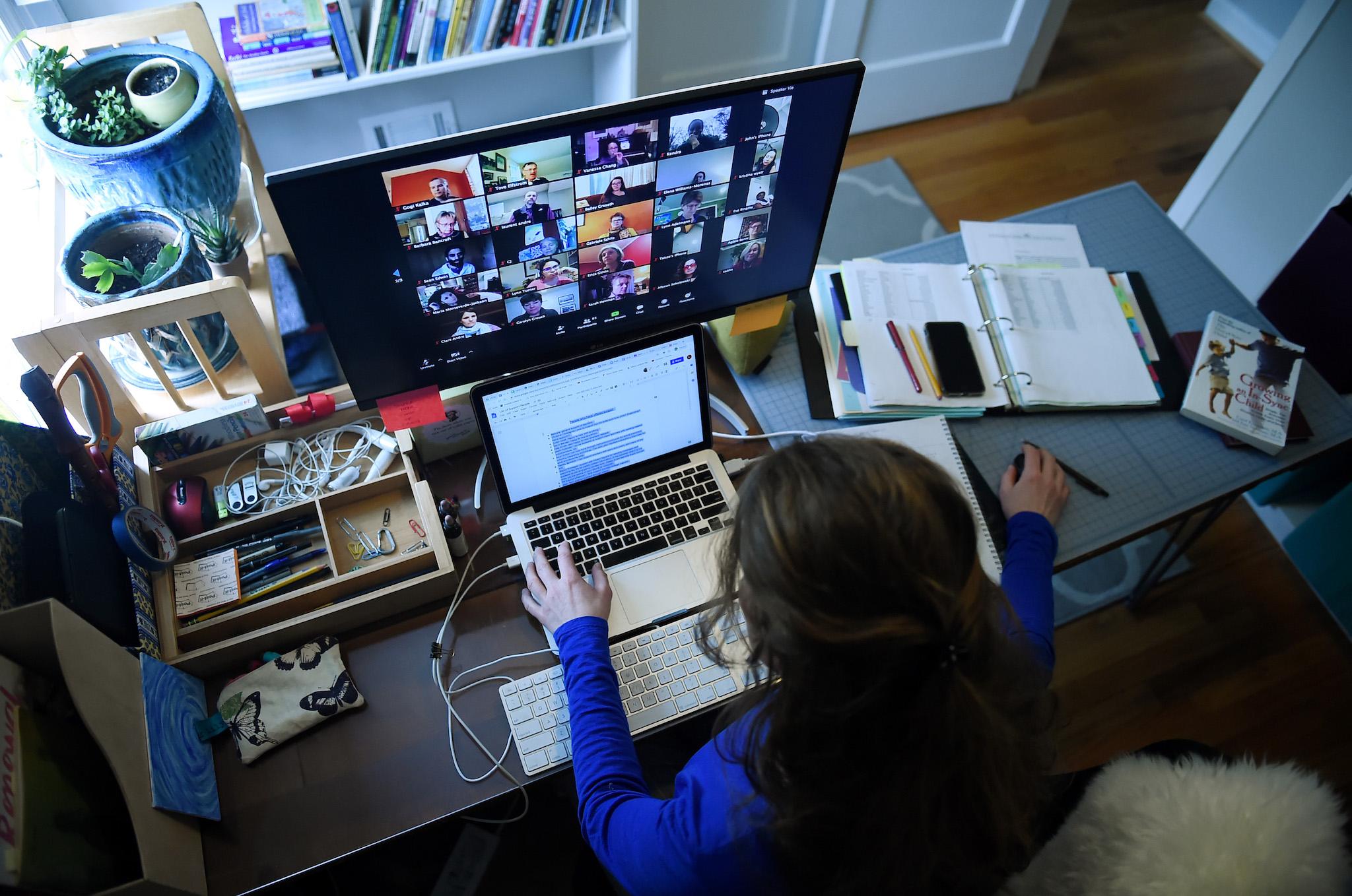Zoom: Singapore bans video chat app in schools amid 'Zoombombing' attacks
'Very serious incidents' see people hijack conversations and broadcast offensive and explicit images

Singapore has banned the use of Zoom after distressing "Zoombombing" attacks.
The country's teachers are just the latest to be hit by the behaviour, which has seen strangers join conversations and shout offensive slogans, show distressing images or post upsetting messages.
Zoom has become wildly popular in recent weeks as students and workers have been sent home and must conduct meetings over the internet. But the same feature that are intended to make online meetings easy to set up also mean they can be invaded relatively easily by unknown people, who interrupt conversations with the aim of upsetting those inside.
The latest attacks saw attackers interrupt a geography lessons just a day after Singapore shut schools as it re-introduced a partial lockdown to stop the spread of coronavirus. Lessons have instead gone online, with teachers using tools such as Zoom to speak with their students.
Singapore's Ministry of Education said it was investigating the "serious incidents" and may file police reports.
"We are already working with Zoom to enhance its security settings and make these security measures clear and easy to follow," said Aaron Loh, director of the ministry's Educational Technology Division.
"As a precautionary measure, our teachers will suspend their use of Zoom until these security issues are ironed out," Loh said.
Singapore is not the only country to be affected by the teleconferencing disruptions. The FBI issued a warning on March 30 advising users to avoid making Zoom meetings public after it received multiple reports of teleconferences and online classrooms being disrupted by hackers displaying hate messages or shouting profanities.
Part of the "Zoombombing" problem occurs because users tend to create public meetings out of convenience. That allows anyone to join a meeting as long as they have a link for it, according to Michael Gazeley, managing director and co-founder of cybersecurity firm Network Box.
"Details of conferences are often given out in a public manner, because organizers want as many attendees as possible," said Gazeley.
"With Zoom, it was possible to set up meetings without passwords, so of course many people did just that. Whenever humans are given a choice between convenience and security, convenience almost always wins," he said.
Zoom implemented stronger security measures last week, such as enabling passwords and virtual waiting rooms for users.
"We have been deeply upset by increasing reports of harassment on our platform and strongly condemn such behavior," a Zoom company spokesperson said in an emailed statement.
"We are listening to our community of users to help us evolve our approach and help our users guard against these attacks."
Security researchers previously found software vulnerabilities in Zoom, particularly for Mac users, where hackers could take over a user's webcam feed. Zoom has since fixed the issue.
Additional reporting by agencies
Join our commenting forum
Join thought-provoking conversations, follow other Independent readers and see their replies
Comments
Bookmark popover
Removed from bookmarks